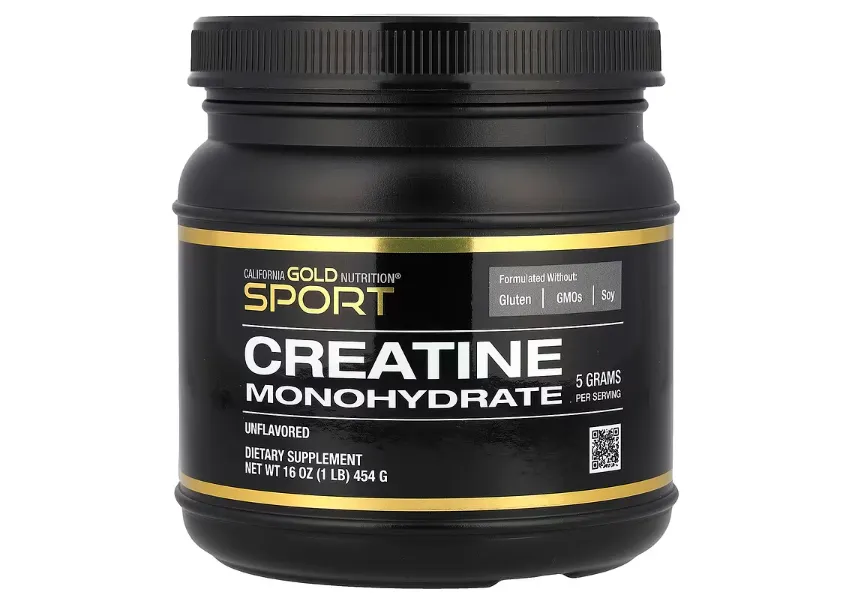
Steve Anderson speaks during a business session at the NACDS Annual Meeting.
PALM BEACH, Fla. — The National Association of Chain Drug Stores is fighting for the retail pharmacy industry’s future on a number of fronts, and the stakes are high.
Of particular import is the issue of direct and indirect remuneration (DIR) fees, which represent a major threat.
“Let’s be clear,” NACDS chairman Mark Panzer said on Sunday. “We’re not just talking about pressure on our companies, or challenges. Words like ‘pressure’ and ‘challenges’ don’t tell the story. Survival. Now that word accurately tells the story. Given the reimbursement environment we are currently operating in, that’s what it’s about.”
NACDS president and chief executive officer Steve Anderson, who like Panzer spoke at the first business meeting of the 2019 Annual Meeting, gave what he described as DIR 101: “Pharmacies are getting crushed with retroactive and huge charges from payers — months after the transaction,” he said. “Pharmacies are being penalized for not hitting quality measures — over which pharmacies have little or no control. No business can operate like this. It’s not just unpredictable, it’s unworkable. It’s below-cost reimbursement for prescription drugs.”
In their remarks, Panzer and Anderson both described how NACDS is focused on waging creative, proactive and ever-more-sophisticated campaigns on crucial issues like this one.
“Here’s the mentality,” Anderson said. “It’s not enough to work the issues. We need to aggressively wage campaigns — vigorous campaigns that target those things that matter most. The campaigns bring a new approach, a better approach. It’s an even more sophisticated way to set the strategy, to ‘white-board’ everything NACDS does, to engage the membership, to lead the team, and to measure the results.”
The campaign for DIR fee relief has gotten traction. Anderson noted that last November, with the urging of NACDS, the National Community Pharmacists Association and others, Health and Human Services Secretary Alex Azar suggested a potential solution, in the form of a proposed Medicare rule that would help to close a loophole that leads to unpredictable and unfair reimbursement for pharmacies, and increases patients’ out-of-pocket costs for prescription drugs.
Anderson noted that NACDS has other campaigns under way for fair pharmacy reimbursement, opioid-abuse prevention, and enhancing pharmacies’ scope of business.
Panzer, who is senior vice president of pharmacy, health and wellness at Albertsons Cos., argued that it is a tribute to the dedication and professionalism of the NACDS team.
“Over the past decade-plus, NACDS has been putting more points on the board,” Panzer said. “But over the past couple of years we all knew that we had to kick it up a notch or two. The stakes always seem to rise.”
Panzer referred to the title of a popular book by Jim Collins.
“When you hear about the campaigns that NACDS is waging, on DIR fee reform, reimbursement, scope of business or practice, and opioid-abuse prevention, that is ‘Good to Great’ in action,” he said.




